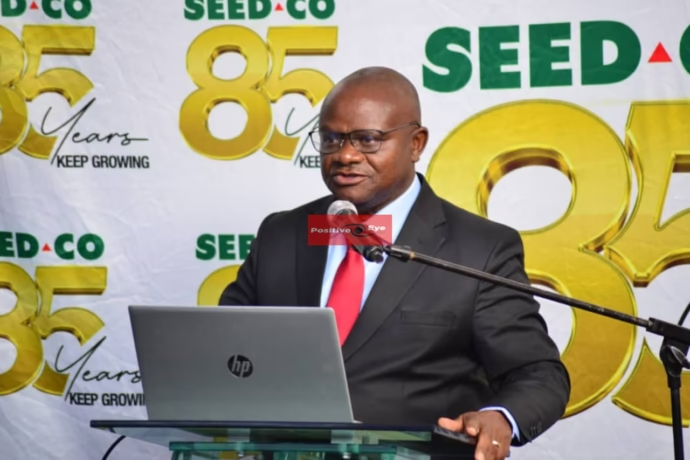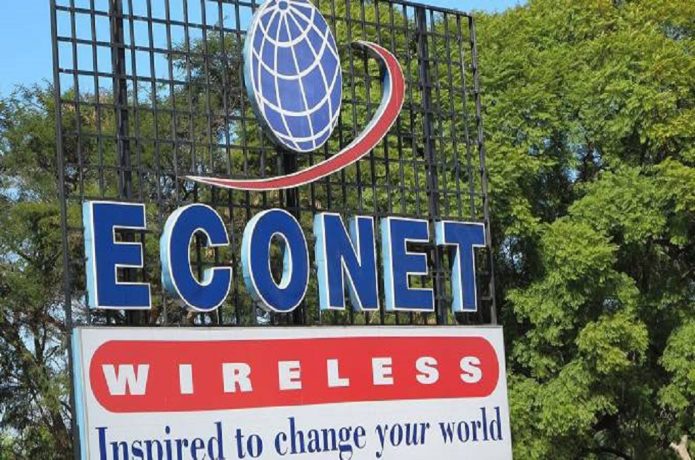
WITH United States dollars transactions now estimated to account for at least 80 percent of transactions in the economy, the central bank and economists believe more aggressive measures are required to create “super demand” and appeal for the domestic currency to save it from total demise.
Although the Government demonstrated its commitment to maintaining the dual currency regime until 2030, recently extending its tenure beyond the initial deadline of 2025, it has been unequivocally clear that a monetary system anchored by local currency is ultimately the most preferable for fast and sustainable growth.
Only recently, the central bank said it was important to finalise and publicise the de-dollarisation roadmap, stressing authorities’ desire to eventually scrap the US dollar-dominated regime, to provide guidance to economic agents and markets to enhance certainty and predictability in domestic transactions.
Zimbabwe first adopted a multicurrency regime in February 2009 following hyperinflation in 2008. The country has many times attempted to exit dollarisation since early 2019, but without success, and in most instances the efforts were derailed by the re-emergence of inflation.
Even its circulation alongside the US dollar has been met with very limited success as the domestic unit suffered volatility and depreciation, including between April and May this year, denting confidence and its appeal among users.
Inflation has been the major Achilles heel in efforts to promote the Zimbabwe dollar in the domestic market. At the height of hyperinflation in 2008, the annual rate topped 500 billion percent, according to the International Monetary Fund, wiping out pensions and savings. However, local monetary authorities have since dismissed the IMF inflation figures.
Interventions instituted by authorities in the first quarter of this year to stabilise the local currency have succeeded only in stemming the currency’s free fall, which drove prices and inflation through the roof, but could not trigger significant interest in and demand for the local unit.
Reserve Bank of Zimbabwe (RBZ) Governor, Dr John Mangudya, recently said beyond the measures authorities instituted earlier this year to tame Zimbabwe dollar volatility, there still was the need for more aggressive measures to create what he termed “super demand” and appeal for the local currency.
He suggested increasing the proportion of taxes payable in local currency as one way through which the Government could win the battle to save the domestic currency from total collapse as the economy continues to gravitate towards full self-dollarisation.
Dr Mangudya said there was a need to create super demand for the local currency, to ensure the economy can sustain itself, by ensuring all sectors of the economy settle part of their tax obligations in Zimbabwe dollars.
“The requirement to pay taxes in Zimbabwe dollars increases its role as a store of value and as a medium of exchange,” Dr Mangudya said.
Zimbabwe’s largest industrial lobby, the Confederation of Zimbabwe Industries (CZI), noted recently that the Zimbabwean credit market was now highly dollarised, with US dollar loans constituting 94 percent of the industry’s loan books, adding that foreign currency deposits in M3 (broad money supply) increased from 58,9 percent in June 2022 to 87,5 percent in June 2023.
Business Weekly




